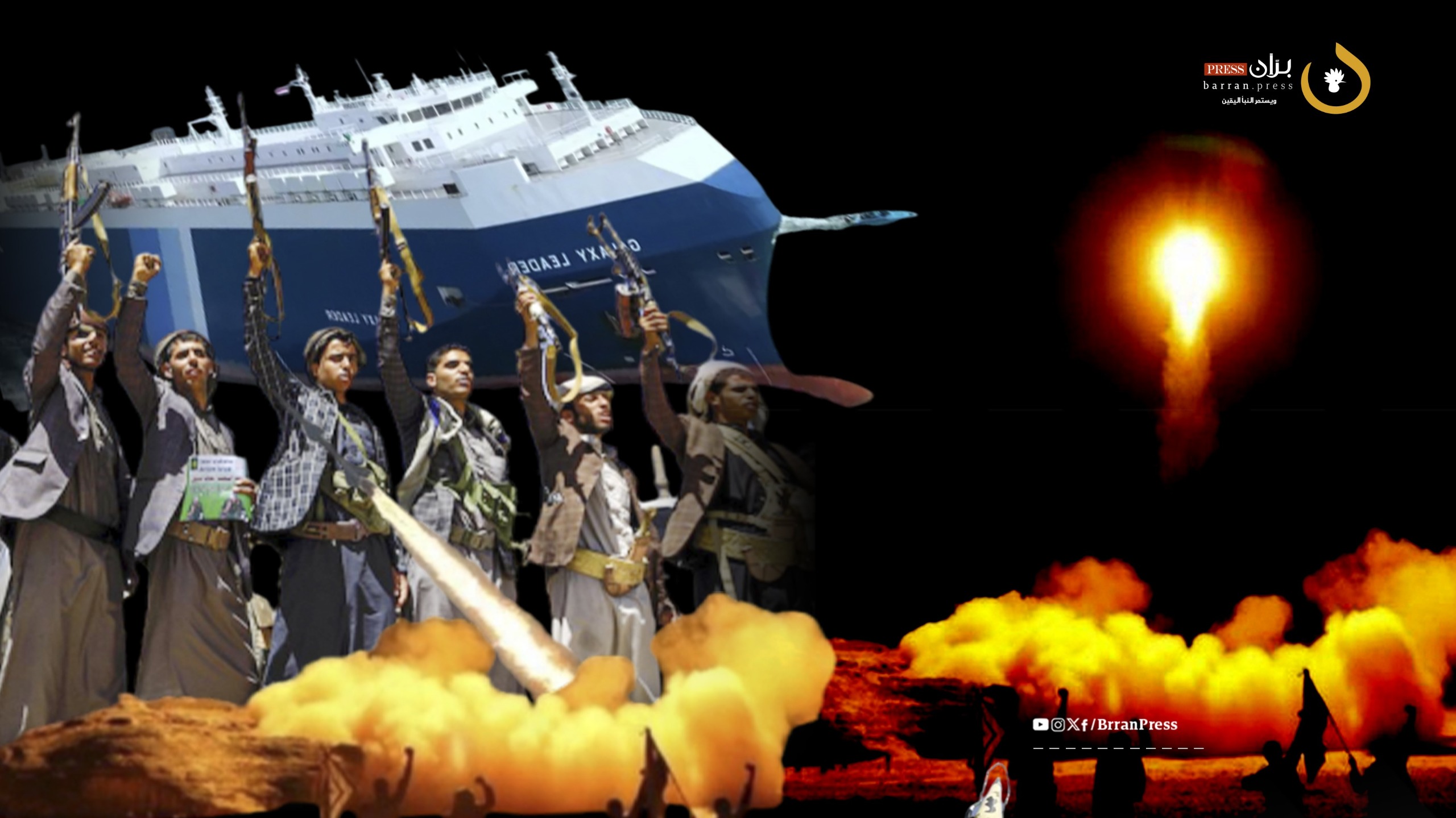


Ishaq Al-Himyari
In a recent surge of attacks, the internationally classified terrorist group, the Houthis, have intensified their assaults on commercial shipping ships in the Red and Arabian Seas, as well as the Gulf of Aden. This unprecedented escalation marks a significant shift since the initiation of their naval attacks last November.
This surge in attacks, which has also targeted several American destroyers, follows unprecedented decisions made by the Central Bank of Yemen on May 30. The Central Bank decided to cease dealings with six Yemeni banks that failed to relocate their main centers from Sanaa to Aden. This move was perceived as a major blow and a significant threat to the Houthi group, which holds sway over the decisions of these banks in Sanaa.
As the naval attacks expand and their repercussions affect maritime insurance costs, questions arise regarding the motives and reasons behind the group's ongoing escalation, along with its potential correlation to recent decisions.
American Support for the Yemeni Government
Ibrahim Jalal, a non-resident researcher at the Carnegie Middle East Center for Studies, suggests that the Houthis' escalation in the Red Sea is linked to their interim objectives in alignment with the Iranian axis, as well as the recent influx of military and logistical equipment.
Regarding the relationship between the escalation and the Central Bank decisions, Jalal stated in an exclusive interview with Barran Press that "there may not be a direct link between this escalation and the bank's decisions."
According to Jalal, the escalation could be interpreted as a means for the Houthis to express their dissatisfaction with the current American support for the Yemeni government, particularly in light of the targeting of the destroyer Eisenhower.
Splintering and Evading Challenges
Abdul Salam Muhammad, the head of the Abaad Center for Studies, highlights that the Houthi escalation in the Red Sea serves multiple goals, both domestic and international.
Internally, according to Abdul Salam, the main objective is to counter the growing fragmentation within the Houthi movement and the increasing dissenting voices. Similar to their initial strategic maneuver during the onset of the war, the Houthis exploited the Palestinian issue to divert attention from salary concerns. They aim to perpetuate this diversion to maintain the morale of their fighters and followers.
Abdul Salam asserts that the group seeks to portray itself as a player in significant regional and international affairs, prioritizing them over local issues, particularly the economic crisis.
The second objective, as pointed out by researcher Abdul Salam, is the Houthis' attempt to demonstrate their capability to confront American and British forces in the Red Sea. Additionally, it serves as a message to their Iranian allies that they remain resilient and formidable.
Abdul Salam perceives the cessation of the war in Gaza as a significant setback for the Houthis, as it exposes their inability to compensate for the internal void they currently fill with the Palestinian issue.
Mobilization and Pressure Tactics
Abdul Salam dismisses any connection between this escalation and the Central Bank decisions. He believes that the Houthis aim to respond to these measures primarily through military means rather than economic ones. They are already preparing to acquire new economic instruments, particularly regarding oil in Marib and gas in Shabwa.
He adds that prior to the Central Bank's decisions, the majority of Houthi forces were preparing to attack Safer and the Bayhan areas of Shabwa. Presently, the Houthis are amassing their forces along the Saudi border, intending to incite chaos and conduct operations to pressure Saudi Arabia into reversing the banking measures.
Abdul Salam explains that while Al-Houthi seeks control over oil and gas areas, he remains cautious of Saudi Arabia's potential reaction. Through negotiations with Saudi Arabia, he aims to exert pressure on the Yemeni government to revoke these decisions.
Since November of last year, the Houthi group has conducted missile and drone attacks on commercial shipping ships in the Red Sea. Consequently, maritime insurance costs have risen, prompting numerous shipping companies to opt for the much longer route around the southern tip of Africa.
In December 2023, the United States, Israel's primary ally, formed a multinational coalition to safeguard maritime traffic from Houthi attacks. American forces periodically carry out strikes against Houthi military targets.